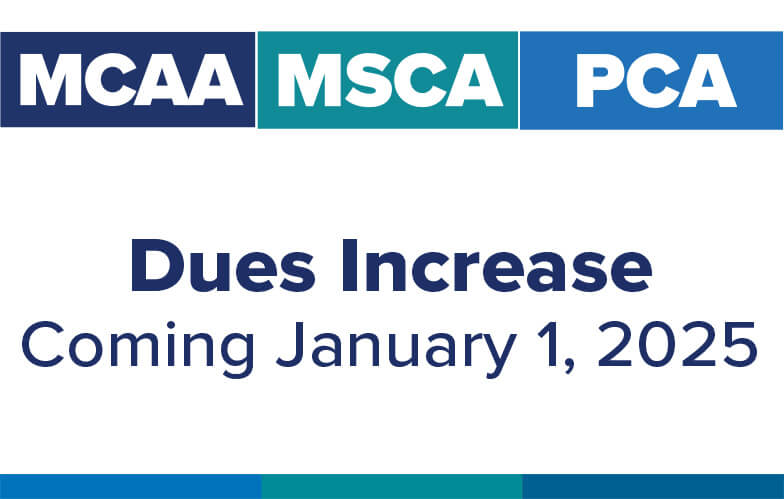
New Safe Harbor from the FTE Reduction Rule: In the latest IFR, the SBA discussed the new safe harbors to the FTE reduction rule in a manner that appears to be very borrower friendly. As you know, PPP loan forgiveness is reduced if you reduce your FTE count during your covered period (when compared to your reference period). The second of the two new safe harbors allows companies to ignore any FTE reductions after February 15, 2020 if they relate to an “inability to return to the same level of business activity” before February 15, 2020 as a result of guidance issued by a variety of agencies (including state and local government) that inhibits such business activity. Examples are closing non-essential businesses and reductions in businesses volume due to social distancing or sanitation guidelines, but the safe harbor can apply to a much broader set of circumstances.
Withum has included below both an excerpt from the IFR as well as an example provided in the IFR. This safe harbor does not require the business interruption to cover the entire covered period, meaning that borrowers just need to establish that a disruption occurred for some meaningful period of time during the covered period. It also does not narrowly define a disruption, allowing borrowers to potentially rely on a broad variety of different “disruptions” caused by the requirements established by these agencies. Therefore Withum believes this new safe harbor has broad applicability, including in the auto, restaurant and hospitality industries, for example, as well as in a variety of professional service industries like law and medicine.
Withum believes the safe harbor is extremely broad, and unless it is pared back by the SBA, a large number of borrowers should be able to avail themselves of it. If you have an FTE reduction during your covered period, Withum recommends that you closely review this safe harbor from the PPP Flexibility Act, as interpreted by the new IFR, to see if you can fall within it. The forgiveness application requires that you maintain documentation of the business disruption that took place and what requirement or guidance created it.
Excerpt from IFR:
Borrowers are also exempted from the loan forgiveness reduction arising from a reduction in the number of FTE employees during the covered period if the borrower is able to document in good faith an inability to return to the same level of business activity as the borrower was operating at before February 15, 2020, due to compliance with requirements established or guidance issued between March 1, 2020 and December 31, 2020 by the Secretary of Health and Human Services, the Director of the Centers for Disease Control and Prevention (CDC), or the Occupational Safety and Health Administration related to the maintenance of standards for sanitation, social distancing, or any other worker or customer safety requirement related to COVID-19 (COVID Requirements or Guidance).
The Administrator, in consultation with the Secretary, is interpreting the above statutory exemption to include both direct and indirect compliance with COVID Requirements or Guidance, because a significant amount of the reduction in business activity stemming from COVID Requirements or Guidance is the result of state and local government shutdown orders that are based in part on guidance from the three federal agencies.
Example provided in the IFR:
A PPP borrower is in the business of selling beauty products both online and at its physical store. During the covered period, the local government where the borrower’s store is located orders all non-essential businesses, including the borrower’s business, to shut down their stores, based in part on COVID-19 guidance issued by the CDC in March 2020. Because the borrower’s business activity during the covered period was reduced compared to its activity before February 15, 2020 due to compliance with COVID Requirements or Guidance, the borrower satisfies the Flexibility Act’s exemption and will not have its forgiveness amount reduced because of a reduction in FTEs during the covered period, if the borrower in good faith maintains records regarding the reduction in business activity and the local government’s shutdown orders that reference a COVID Requirement or Guidance as described above.
Reminder Section: (what should I be doing):
- Call your payroll company about claiming the payroll tax deferrals and employee retention credits that were made available in the CARES Act.
- Talk to your payroll company about the qualified sick/family leave legislation (FFCRA, passed prior to the CAREs Act).
- Consider speaking with your lender to discuss changes to terms of existing debt facilities. The banking system remains strong.
- If you have already applied for the PPP, start forecasting how you intend to spend the funds and how to qualify for the highest amount of forgiveness possible.


